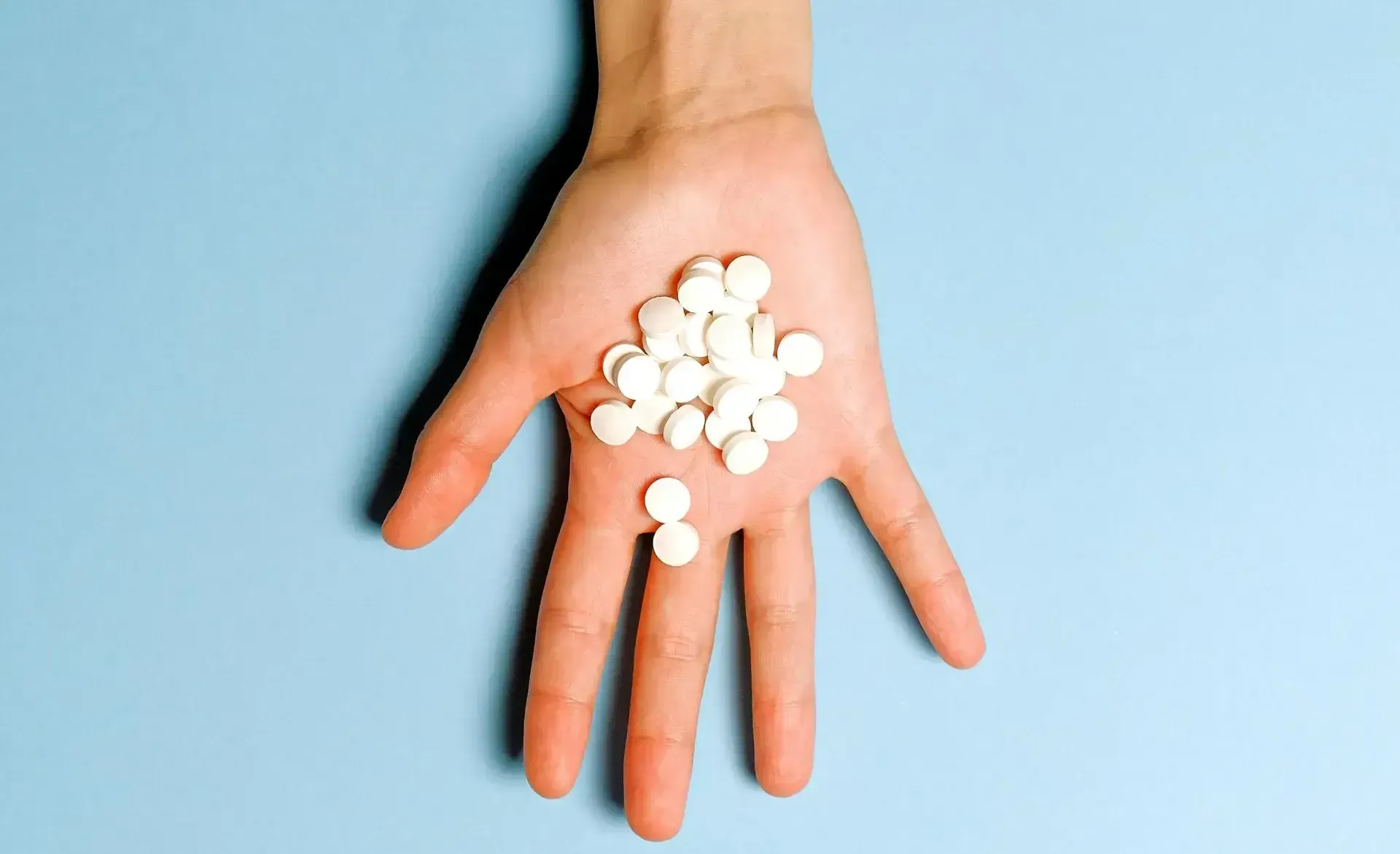
Sjögren's disease treatment
Although there is no cure yet, there are ways to ease symptoms
Sjögren’s disease affects everyone differently. Treatment is tailored to each individual’s symptoms and health.
Goals of treatment include:
- Alleviating dryness (eyes, mouth, skin, etc.)
- Managing fatigue and joint pain
- Preventing complications
- Supporting immune health
Dry eyes
- Artificial tears and gels
- Cyclosporine eye drops
- Punctal plugs
- Omega-3 supplements
Joint & muscle pain
- NSAID e.g.. ibuprofen
- Hydroxychloroquine
- Physical therapy
- Gentle exercise
Dry mouth
- Saliva stimulants
- Omega-3 fatty acids
- Xylitol lozenges or gum
Systemic treatments
- Immunosuppressants
- Corticosteroids (short term)
- Biologics
- Off label treatments
- IVIG for neuropathies
Fatigue and mental health
- Antidepressants
- Cognitive therapy
- Low dose naltrexone
- Physical exercise
Dry skin and body
- Emollient rich moisturisers
- Systemic pilocarpine
- Hormonal gel
- Lubricants
Complementary & integrative approach
While not a replacement for medical treatment, many people with Sjögren's disease find additional relief and wellbeing through evidence informed complementary therapies. Always discuss with your healthcare team.
01
Mind body techniques
- Mindulness meditation
- Breathing excercises
- Cognitive behavioural therapy
- Yoga and Tai Chi
02
Diet and gut health
Anti inflammatory diet
Whole foods based diets
Probiotics
Reduced sugar intake
Stay well hydrated
03
Supplements and natural support
- Vitamin D and K2
- Magnesium
- Fish oil & Omega 3's
- Evening primrose oil
04
Body work
- Acupuncture
- Myotherapy
- Remedial massage
- Regular physiotherapy
- Dry needling
